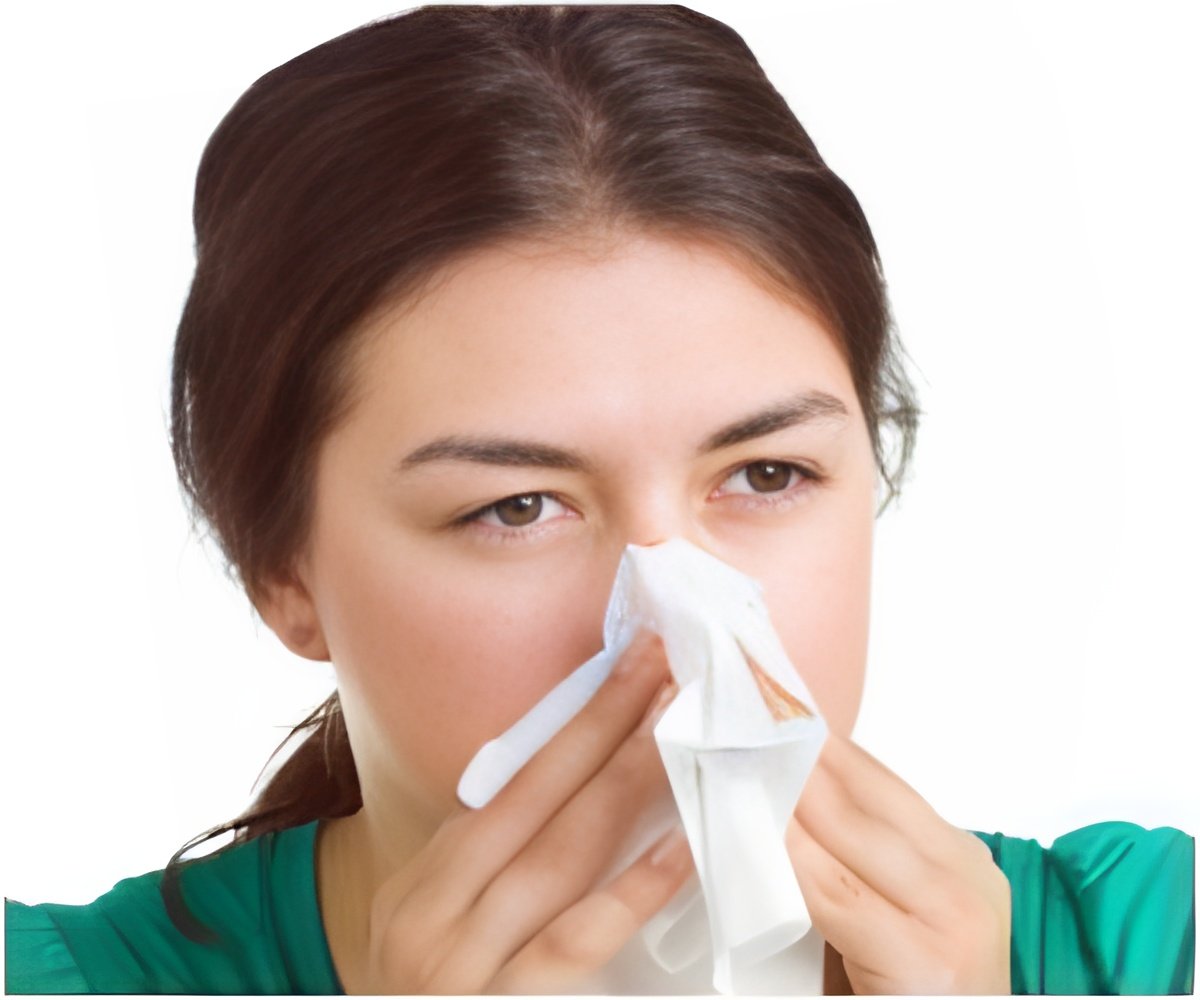Hayfever-like allergies that are caused by pollen and dust mites can be effectively treated by immunotherapy pills or drops, according to a new Cochrane Systematic Review.

Common treatments for hayfever-like symptoms caused by allergies include antihistamines and nasal corticosteroids. If these prove unsuccessful, doctors may recommend immunotherapy, a desensitisation approach that involves exposing patients to increasing doses of an allergen. Traditionally immunotherapy was carried out by injection, but allergens are now also applied as pills or drops under the tongue.
Although a 2003 Cochrane review suggested sublingual immunotherapy was effective, the findings were based on a relatively small number of trials. Much more evidence is now available and the researchers were able to add another 38 studies to their current review, totalling 60 altogether. They included trials of pollen and dust mites, as well as one trial of cat allergens. Sublingual immunotherapy significantly reduced symptoms of allergic rhinitis and requirements for medication compared to placebos. The results confirm the treatment is effective and has very few serious adverse effects.
The larger number of trials allowed the researchers to make stronger recommendations for use of sublingual immunotherapy in children. "This is an attractive approach for treating allergies in children. It is a more convenient alternative compared to injection immunotherapy," said Suzana Radulovic, one of the review authors, who is currently based at the Paediatric Allergy Research Department at St Thomas' Hospital in London, UK. "It is encouraging to see similar treatment effects in children compared to those in adults."
Overall, treatment effects comparable to those seen in the previous review provide greater reassurance for clinical practitioners. "Sublingual immunotherapy is an effective treatment for allergic rhinitis. With the inclusion of larger, better designed trials, we can be much more confident about the results," said Radulovic. "What we'd like to see now is more work on optimum dosage and treatment times."
Advertisement










